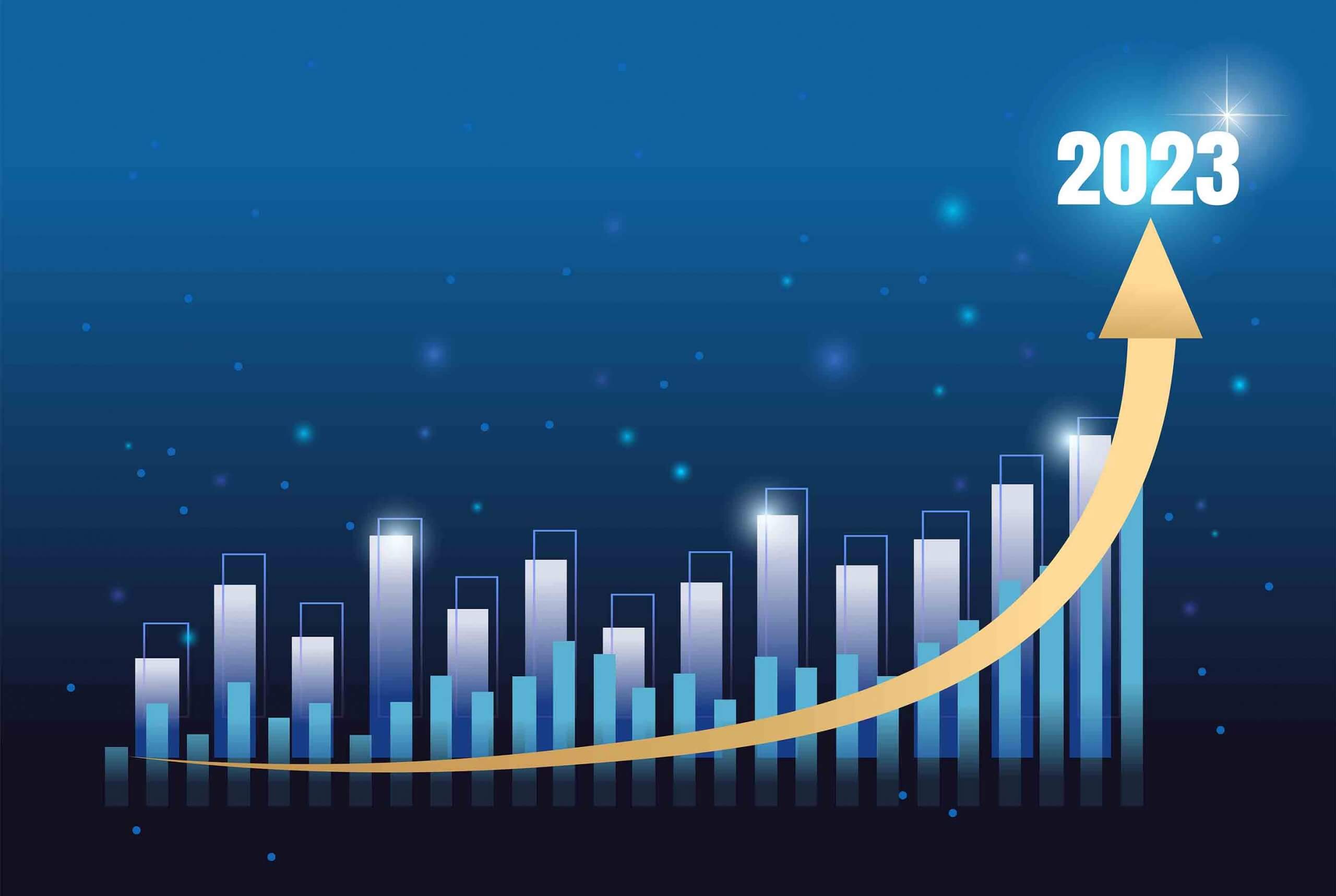Forex trading, commonly called the forex market, or foreign exchange trading, has a long and rich history that goes to prehistoric times. Through the years it has developed into the world’s most affluent financial market. However, as it has grown in size and increasing popularity, the market has also been prone to fraudulent activity. This article we’ll explore the history and structure of forex markets, their structure, as well as the new trends of fraud in the market.
Post Contents
The Origins of the Forex Market
The market for forex traces its origins back to the establishment of postwar currency in 1944. It was the Bretton Woods conference, held in New Hampshire, led to the establishment of the International Monetary Fund and the adoption of the fixed exchange rate system. The currency was pegged to metals like gold and that of the U.S. dollar, known as the gold standard. But, the system fell apart in 1971 because of uncontrollable fluctuations in currency that led to the development in a system of floating rates.
The Structure of the Forex Market
Contrary to traditional financial markets the forex market is electronically operated and does not have a central exchange. It operates as an over-the-counter market, in which banks and other participants participate in transactions for foreign currencies every day. Banks oversee money deposits in accordance with their customers’ requirements as well as investment managers need to take into account currency positions as well as traditional instruments like bonds and equity.
Current Trends and Growth of the Forex Market

As per the Bank for International Settlements, the average daily turnover of the global forex market was $3.98 trillion as of 2023, which is a significant increases over the previous. This growth can be attributed to the increasing amount of retail transactions that are conducted for forex trading. Although it is true that the United States remains a relatively tiny factor in this growth however, other regions like China and the surrounding regions drive the growth of the market.
Fraud in the Forex Market
The popularity of the forex market has led to the rise of fraudsters who profit from individuals who are driven by greed and a desire to make quick money. They employ a variety of tactics to trick investors and offer false return on investment. The victims of these scams are from a variety of backgrounds, including accomplished professionals as well as dedicated individuals. The key is crucial to identify the warning signs of scams that could be a threat to investors like promises of massive profits, and the pressure to invest fast.
Related: Types of Orders in Forex Market
Methods Employed by Fraudsters
Fraudsters employ a variety of strategies to find potential victims. They may make contact with individuals directly via phone calls and mailing lists. They may also contact them indirectly via advertisements and on the internet. Certain scammers rely on referrals from first investors to establish trust and draw new clients. In addition fraudsters may give the impression of credibility and professionalism through the use of luxurious offices, or joining public associations.
Emerging Trends and Regulatory Oversight
To keep up with the increasing regulatory supervision and increased oversight, forex broker in United States are exploring different ways to conduct business. While they continue to provide Forex at retail that is not exchanged, brokers are also looking into offering investment vehicles like swaps and commodity forwards and equity as well as forex-related options. As the market develops industry consolidation is anticipated Equity brokers are considering acquiring forex brokers in order to grow their client base.
Beware of Investment Fraud
To avoid frauds and scams in investment, it’s important to conduct a thorough investigation and conduct due diligence. Beware of exaggerated claims of huge returns, and stay away from those who promise fast and simple gains. Greed is a common target for criminals, and it’s crucial to evaluate the potential investment from an objective perspective. By being aware and skeptical investors will be able to minimize the possibility of falling prey to scams and fraud on the forex market.
Conclusion
The growth of the forex market and its the fact that it is decentralized make it prone to scams. Knowing the structure, history and trends that are emerging of the market for forex can assist investors navigate this highly complex market and guard themselves against potential frauds. By being vigilant and using cautiousness, individuals can participate in forex trading with confidence and profit from the opportunities it offers.
Read More:










